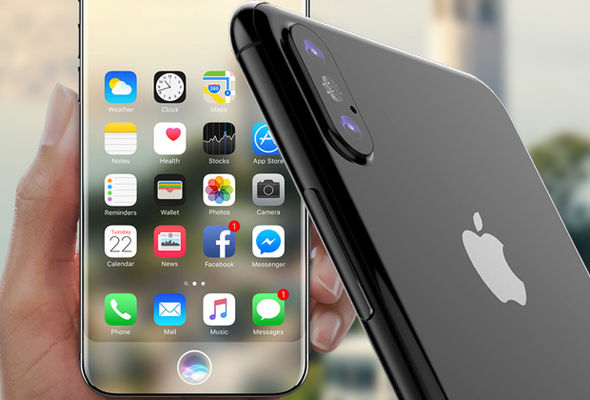Google reveals latest accelerator batch, including first startups from Bangladesh and Pakistan
Google has declared that the startups which will join the most recent variant of its Launchpad accelerator app, with 10 of the 24 new entrants hailing from Asia.
This newest consumption represents the accelerator's fifth batch, also comprises the initial Bangladeshi and Pakistani startups to be chosen.

The 10 Asia-Pacific entrants are:
Ayannah (The Philippines) has developed several B2B and B2C financial solutions for underbanked communities, such as cross-border remittances
BabyChakra (India) is a parenting and pregnancy information program
Kulina (Indonesia) delivers dishes to a subscription basis, utilizing technology to make the supply chain and logistics more effective
Maya Apa (Bangladesh) crowdsources responses to anonymous user queries on subjects like health and legal topics
Monkey Junior (Vietnam) Provides online classes in languages, math, and mathematics for young kids
m.Paani (India) Employs loyalty strategies and specific offers to assist brands profit advertising insights
Niramai (India) -- is currently constructing a cheap, software-based analytical method for detecting breast cancer
Priceza (Thailand) is a cost comparison program and search engine for shoppers
SocialCops (India) collects, cleans, and assesses information to assist authorities and nonprofits with coverage and tactical decision-making
VividTech (Pakistan) Would like to enhance the experience of being placed "on hold" by your service provider by substituting looped muzak with visual and interactive adventures
Launched this past year, Launchpad is a six-month strategy that chooses growth-stage startups from emerging markets, supplying equity-free support such as mentorship and an all-expenses-paid, two-week coaching in Google's headquarters in Silicon Valley.
Apple investigating swollen batteries in iPhone 8 Plus handsets
Apple is investigating a string of reports about battery issues with a number of its own new iPhone 8 Plus mobiles.
Throughout the previous week, six issues have come to light that shows the telephones dividing apart shortly after they begin to get used.
In all scenarios, the battery in the phone gets bloated making the phone unusable.
It isn't yet clear if the bloated batteries are some isolated instances or are more indicative of a larger problem.

In a statement, Apple said that it had been aware of the accounts and has been "looking into" what could have caused the fault.
'Troubling'
Apple news website MacRumours, that reported that the first episode stated given the enormous number of iPhones which was fabricated it was "common" for there to be a "very low percentage of faulty units".
To have it occur shortly after a product launch was bothering, '' he explained.
"It might be a small supply of a random production mistake," wrote Mr. Jaffe.
"If it is a little bit more than this, Apple might immediately have the ability to spot the battery production line that is accountable, closed down it and maintain iPhone 8s with no more difficulties," he added.
Apple's issues follow Samsung's expertise with its Galaxy Note 7 final year.
Countless faulty Galaxy Notice 7s were reported as faulty shortly then apparatus started. The scale of this collapse prompted Samsung to remember and stop the handset. The problem has been tracked to a design defect.
© Copyright Technology and News